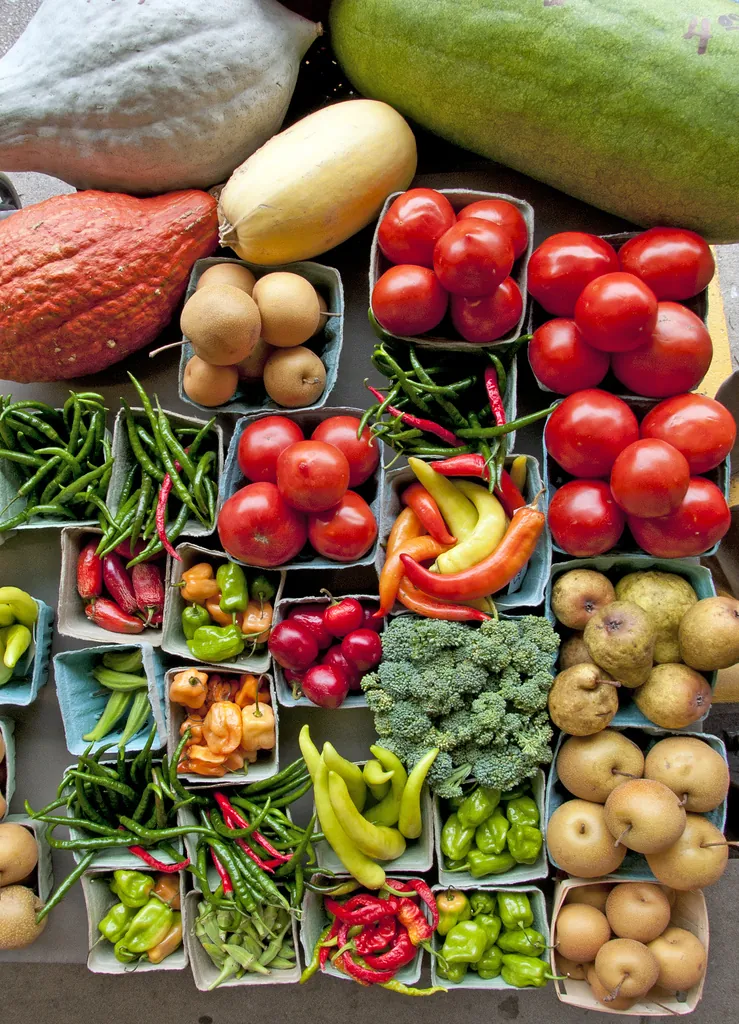Blog
The Exciting Mineral Magnesium
By Katrina Aceret, Recent Arizona State University Nutrition Student
What is Magnesium?
Let’s be honest, do we really think about magnesium when we think about the minerals we need? Many people do not realize the importance of magnesium in their diet.

Magnesium activates enzymes, contributes to energy production, and helps regulate levels of calcium, copper, zinc, potassium, vitamin D and other important nutrients in the body. Magnesium also helps you take energy from food and make new proteins. The heart, muscles, and kidneys need magnesium. It is very rare to be deficient in magnesium but many Americans do not include enough magnesium in their diet.
Magnesium may prevent the following: hypertension and cardiovascular disease, type 2 diabetes, osteoporosis, and migraine headaches. It has been found that magnesium supplementation lowers blood pressure as well as reduces the risk of stroke. Make sure to include low-fat dairy products, and lots of fruits and vegetables in your diet to lower blood pressure. Studies have shown that magnesium deficiency may be a risk factor for osteoporosis. Also, consuming magnesium supplements may prevent migraine headaches. Studies have shown that people who consistently have migraine headaches have lower levels of magnesium. The American Academy of Neurology and the American Headache Society have stated; magnesium is “probably effective” for migraine prevention.
Magnesium Intake
About 60% of adults in the United States do not consume the recommended intake of magnesium. The Dietary reference for magnesium changes with age.
- 80 mg/d for children between 1 and 3 years olds.
- 130 mg/d for children 4-8
- 240 mg/d for 9-13-year-old males
- 420 mg/d for males between the age of 31 to 70 years old
- 240 mg for 9-13-year-old females
- 360 mg/d for females age 14-18 years old 320 mg/d 31 to 70-year-old females
Food Sources
Rich sources of magnesium are:
- Tofu
- Legumes
- Almonds
- Cashews
- Leafy Green Vegetables
Including herbs and spices:
- Coriander
- Sage
- Basil
The Dietary Approaches to Stop Hypertension (DASH) diet will help with the intake of magnesium. The DASH diet emphasizes on eight to ten daily servings of fruits and vegetables that are high in magnesium and potassium.
References:
Magnesium. National Institute of Health: Office of Dietary Supplements. Last updated February 11, 2016. Retrieved from: https://ods.od.nih.gov/factsheets/Magnesium-HealthProfessional/#h2
Volpe. S.L. (2013) Magnesium in disease prevention and overall health. Advances in Nutrition: An International Review Journal, 4(3), Retrieved from: http://advances.nutrition.org/content/4/3/378S.full.pdf+html

















